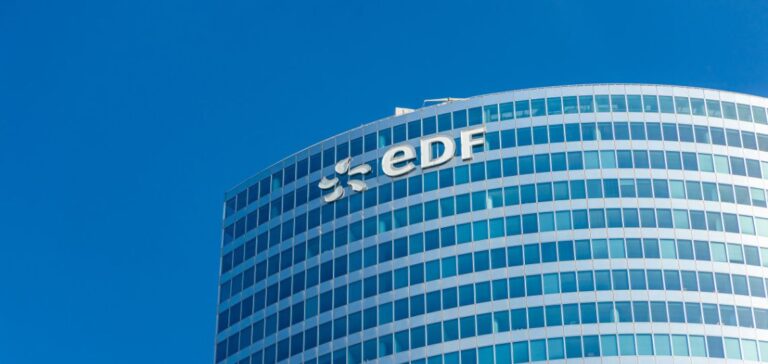The Chief Executive Officer of Électricité de France (EDF), Luc Rémont, was removed from his position by the French government following persistent disagreements regarding the management of long-term energy contracts with major industrial consumers and the financing of the new nuclear programme. Minister of the Economy Éric Lombard stated on 26 March that these disputes led to the decision not to renew Mr Rémont’s mandate, after 28 months at the helm of the state-owned utility.
Speaking before the Senate, the minister explained that EDF had failed to meet government expectations in swiftly securing electricity supply contracts at competitive prices with high-energy-consuming industries. Negotiations, which had been ongoing for over a year, stalled over pricing disagreements. Several industrial players believe the tariffs proposed by EDF are too high to maintain their operations in France.
Financing of the EPR2 programme at the centre of tensions
A second major point of contention related to the financing model for the six EPR2 reactors announced by the President of the Republic in 2022. The government had proposed a preferential-rate loan for part of the construction period. Luc Rémont, however, argued for a zero-interest loan covering the entire duration of the project. This divergence contributed to the deadlock in internal discussions, with the government believing the conditions had been met to conclude the talks.
Marc Ferracci, the Minister Delegate for Energy, confirmed that alignment had not been achieved with the EDF executive, making the continuation of his mission, in his view, incompatible with the objectives set by public authorities.
A governance shift focused on industrial expertise
To replace Luc Rémont, the government appointed Bernard Fontana, current Chief Executive Officer of Framatome, a company specialised in manufacturing nuclear components. The choice was made in favour of a leader with proven industrial experience. According to sources close to the Prime Minister, the decision aims to strengthen alignment between the operational demands of the nuclear programme and the management of the state-run enterprise.
The new Chief Executive will notably resume discussions with industrial clients and prepare the finalisation, by 2026, of the financial agreement required to launch the EPR2 construction phase. The strategic shift led by the Élysée reflects a desire to secure the construction stage by reinforcing the financial and contractual discipline expected by the state shareholder.






















